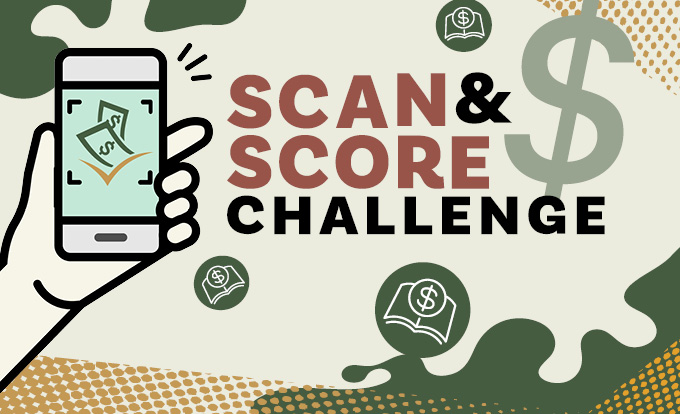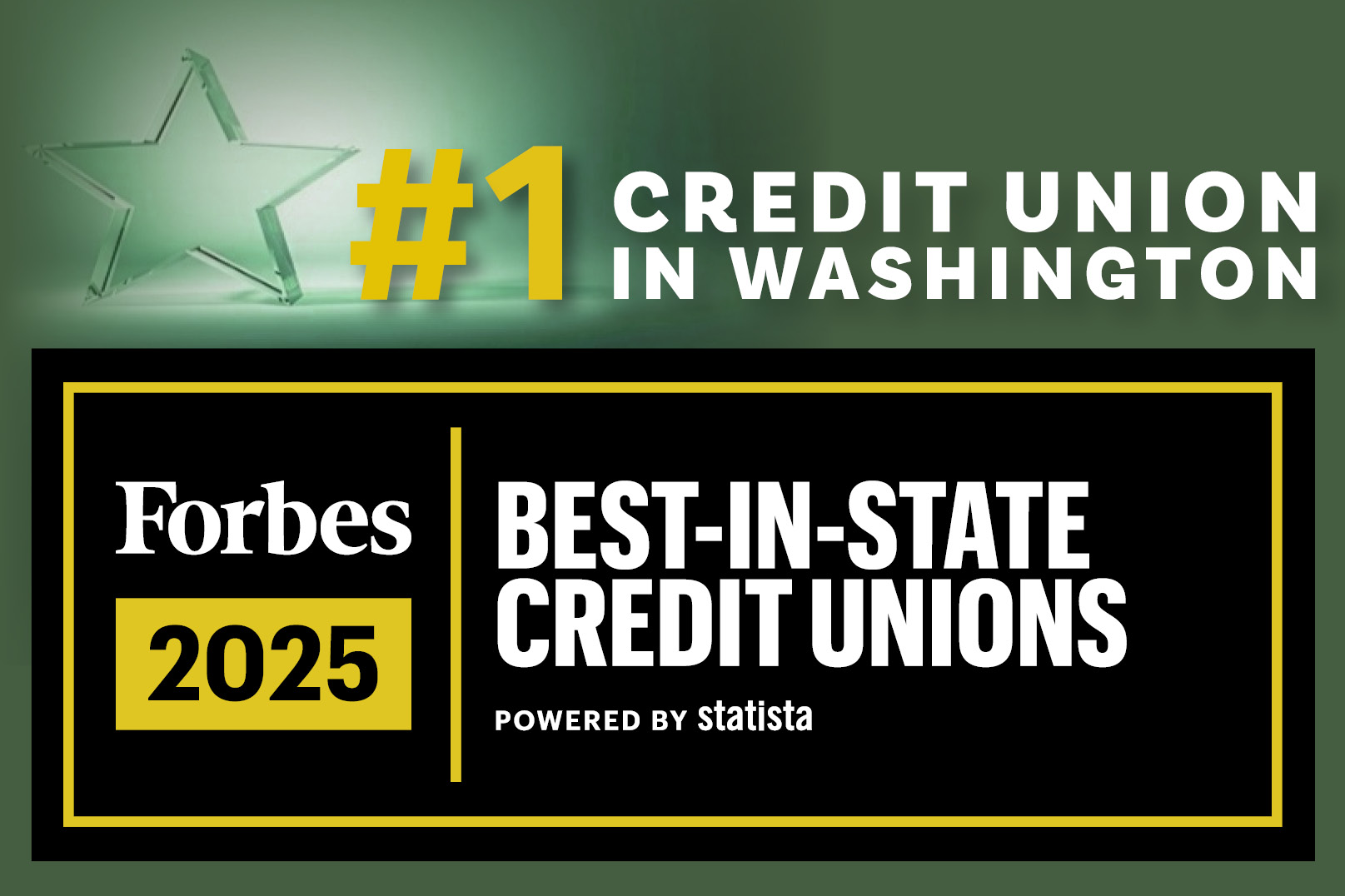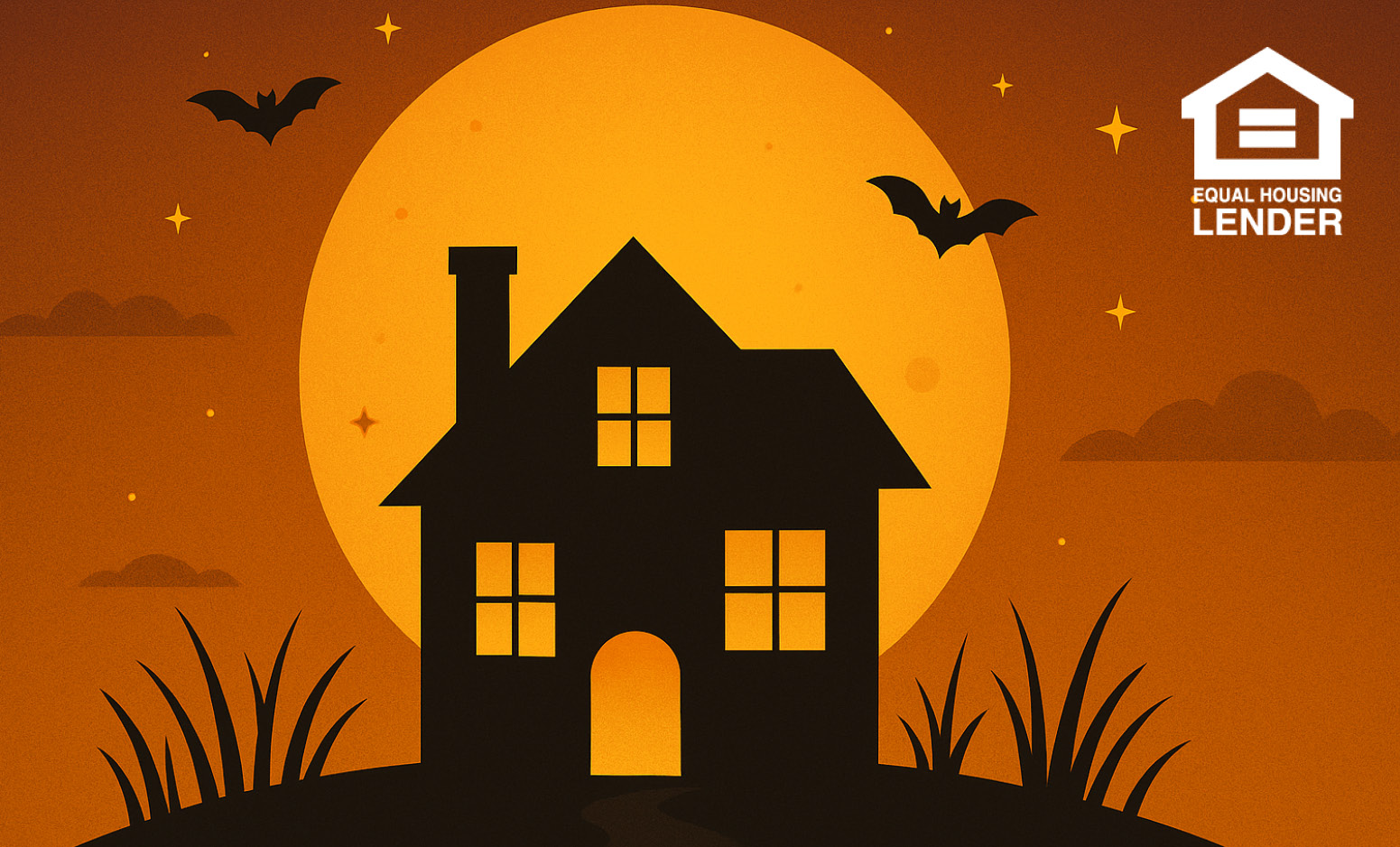
Start the year strong! Earn 5X POINTS as you play, learn, and build better money habits. Cash in your points for gift cards from top retailers!

Take advantage of our limited time auto refinance offer that puts cash back in your wallet!

We've closed our Commerce lobby for a few months to give it a members-first makeover.

This prestigious award is presented in collaboration with Statista, the world-leading statistics portal and industry ranking provider.
Our Community
Commitment
We believe that giving back matters. By donating, sponsoring, and volunteering across our membership areas, we're investing in the well-being of our members today and shaping a brighter tomorrow for our communities.








We're Kind of Like a Family, Only We're A Credit Union.
Looking for a better way to bank? Join the Fibre Family! Take advantage of our great rates and convenient services that all put money back into the local economy. At Fibre Federal Credit Union and TLC, your home is our home.
Get to Know Fibre Federal Credit Union and TLC
Very helpful and informative. All my questions were answered to the fullest and everything was made crystal clear in reference to opening my accounts.Jordan M.
They’ve never wanted to push me into any kind of direction as far as loans. We sit down, they tell you the truth [and] the right path to go.Mark
Jordan helped me with a new car loan. She was professional, knowledgeable, and so very helpful. She called to check in afterward and made sure to let me know I can call her with any questions or concerns. I really appreciate her and everyone at Fibre.Amanda P.
Hands down the best place to bank! They are friendly and get to know you. They also bend over backwards for their members. Such a refreshing change from the larger bank I was with.Melissa C.
It was reported to me by a life insurance company that they had a data breach and my banking information was stolen. The thief tried to charge my card, but Fibre saw the charge as suspicious and declined the charge. Thank you, Fibre Federal Credit Union, for having my back. I have a tight budget and losing any amount of my money could be devastating to me and my family.Cherilynn
The first loan I got was for a pickup, then I had an RV, and now I have a boat loan. Each loan was simple and went through so good that I’ve come back to deal with Kim every time. That was the quality that made me decide to switch to Fibre Federal.Kelly
Money was never something that we talked about growing up, so it’s something I really try to focus on with my kids. My kids each have accounts at the credit union. My daughter just turned six and feels like such a big girl when she’s able to make that transaction with a teller. If I had had those conversations with my family, I could have had more opportunities to do the things that I wanted to do.Shantelle
I have been with them for both personal and business accounts. I find their checking to be great (online is easy to use) and their Choice Checking account pays some of the best rates on my balance. Visa account has some of the lowest interest rates available.David L.
They are always friendly, fast, and always helpful with anything you need. I come here for all my banking needs and always leave feeling appreciated. This place is absolutely amazing.Lisa W.
Fibre Federal have been my backbone in every time of need. They have been my credit union now for nearly 10 years and I would not have it any other way! Thank you to Fibre Federal for always being amazing and going above and beyond for your members even if we aren't on top of the game ourselves!Holly
I honestly feel that they are the best in banking! Their customer service is exemplary. They go the extra mile for their members. They are involved in the community. They are simply amazing. As a matter of fact, I am moving up north to Puyallup, WA, but will continue to go through Fibre for all my financial transactions.Jill A.
Best financial institution I have ever used! Super friendly, helpful staff members who give excellent service and are very knowledgeable about their products and services. I love how easy it is to talk to a person or get assistance when needed.Geoffrey P.
Fibre FCU has been a shining light for our business. We are always met with professionalism and know they care about us and the business we have brought to the Longview community. Thank you, thank you FibreFCU. We look forward to another great year.Martha S.
We have both personal and business accounts with Fibre, and have only good things to say! The staff is extremely helpful and friendly, especially in the business aspect of things. We couldn't ask for a better credit union!Bryce B.
I would like to start off by saying that I really appreciate all the ways available to communicate with tellers: they have an online chat, call, video call, and online assistant to help with basic things. Whenever I interact with the tellers, they are kind and intelligent. I have always been able to fix the issues I come across with this credit union!Tabatha B.
I love being a part of the Fibre Family! Everyone is always so kind and helpful and I really appreciate the drive up ITM with virtual help!Melissa T.
The loan department at Fibre CU was extremely helpful with our needs and were quick to communicate and help solve any concerns we had. Would recommend Fibre CU and their helpful staff!Rolly B.
It has been years since I have called into Fibre needing an actual live voice on the other end to help me out because of the significance mobile and desktop banking plays in my day to day living. However, Paula reminded me why Fibre is still the only banking institution I will entrust. Thanks to Paula and Fibre for the peace of mind, the stress relief, and the flexibility you give me to financially live my best life.Jenny E.
Impressive customer service today. I was greeted as I came in, the line moved quickly, and service with a smile. Happy to bank here and love this location. You can see management takes pride in who they hire and the community they serve.Penny
I am very satisfied with my experience, especially due to the fact it was my first time using the text feature. The agent I talked to was very professional, answered all of my questions, operated in timely fashion, and left me with a good first impression. I will be using this again because of her.Brad O.
Great customer service! I accidentally made a loan payment 2x and instead of telling me, ‘Sorry, Charlie,' as I expected, they reversed it right away no questions asked! Never had a bad experience with them. Great job all.Danielle
It’s more than just a financial institution. It’s based on relationships. You’re not a number, you’re a friend. I go to different tellers and they all know me. I think that’s why we love Fibre.Mark
Janelle was more than helpful. She answered all my questions after opening a checking account and I had alot of questions about transferring all my banking from Wells Fargo to Fibre Federal/TLC. She even called me because I forgot to grab my mug after opening the account. Very pleasant teller!Deborah
Some of the best customer service I've ever experienced. Fun, genuine people who want to get to know you and have an uplifting attitude. When I ask a question, they know exactly how to fix whatever I need. Super helpful people who are passionate about that they do. 5/5 stars!Josiah D.
My friends, family and I do all of our banking at Fibre Federal because they consistently provide such good service. Their employees and branches are so professional, and the staff is so helpful that I don't want to go to any other bank.Maddie W., Longview, WA
Love the Virtual Reps at the ITM. Makes my banking feel more personal even for a simple transaction.Carolena Q.
I used the chat feature in the Fibre Federal Credit Union app to resolve a problem with funds in one of our accounts and I couldn’t be happier with the experience. I work in a loud environment where phone calls aren’t always the best option for contacting people, so having the ability to chat with someone is a great option I think all banking institutions should implement.Trevor N.




















